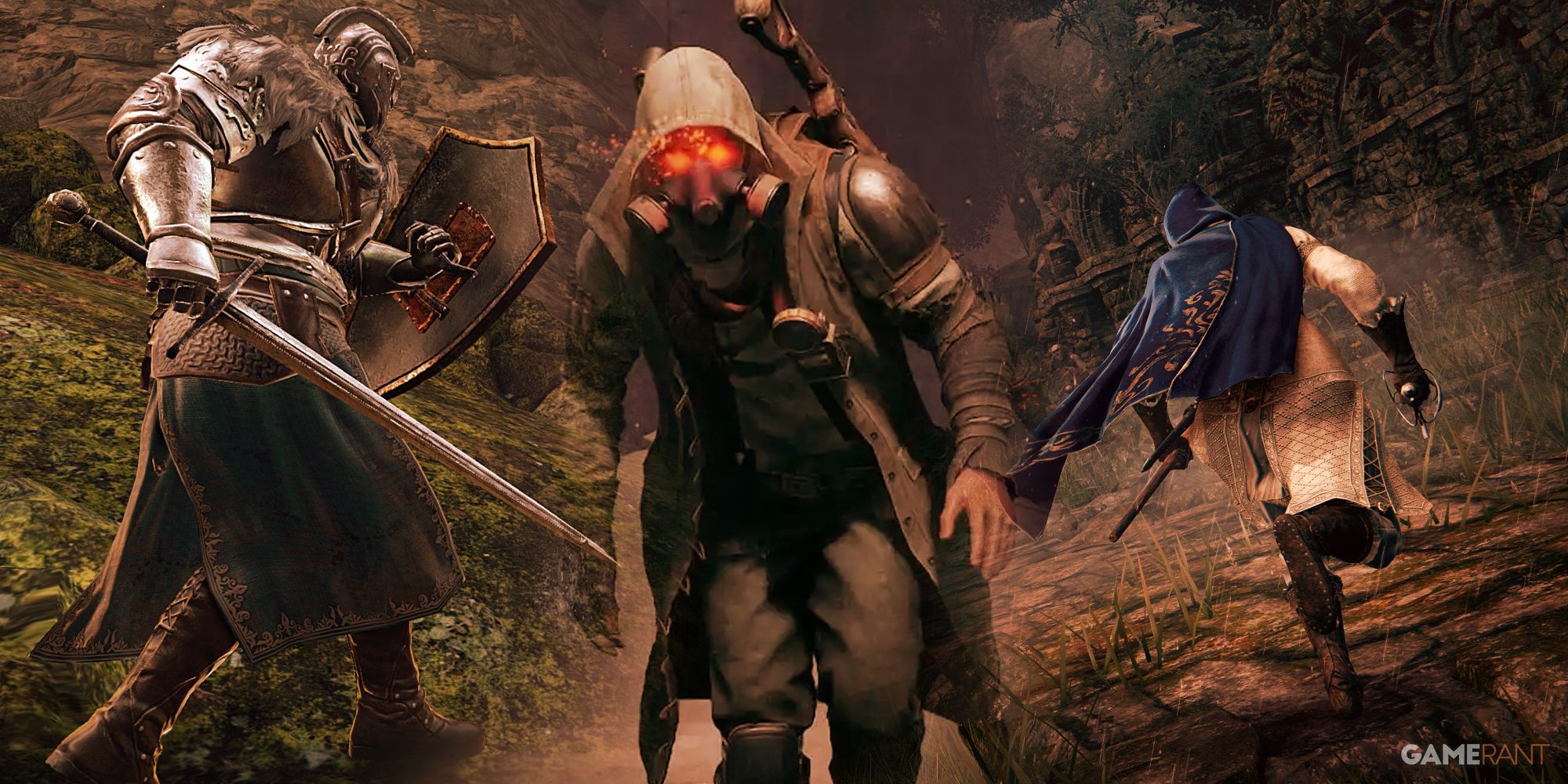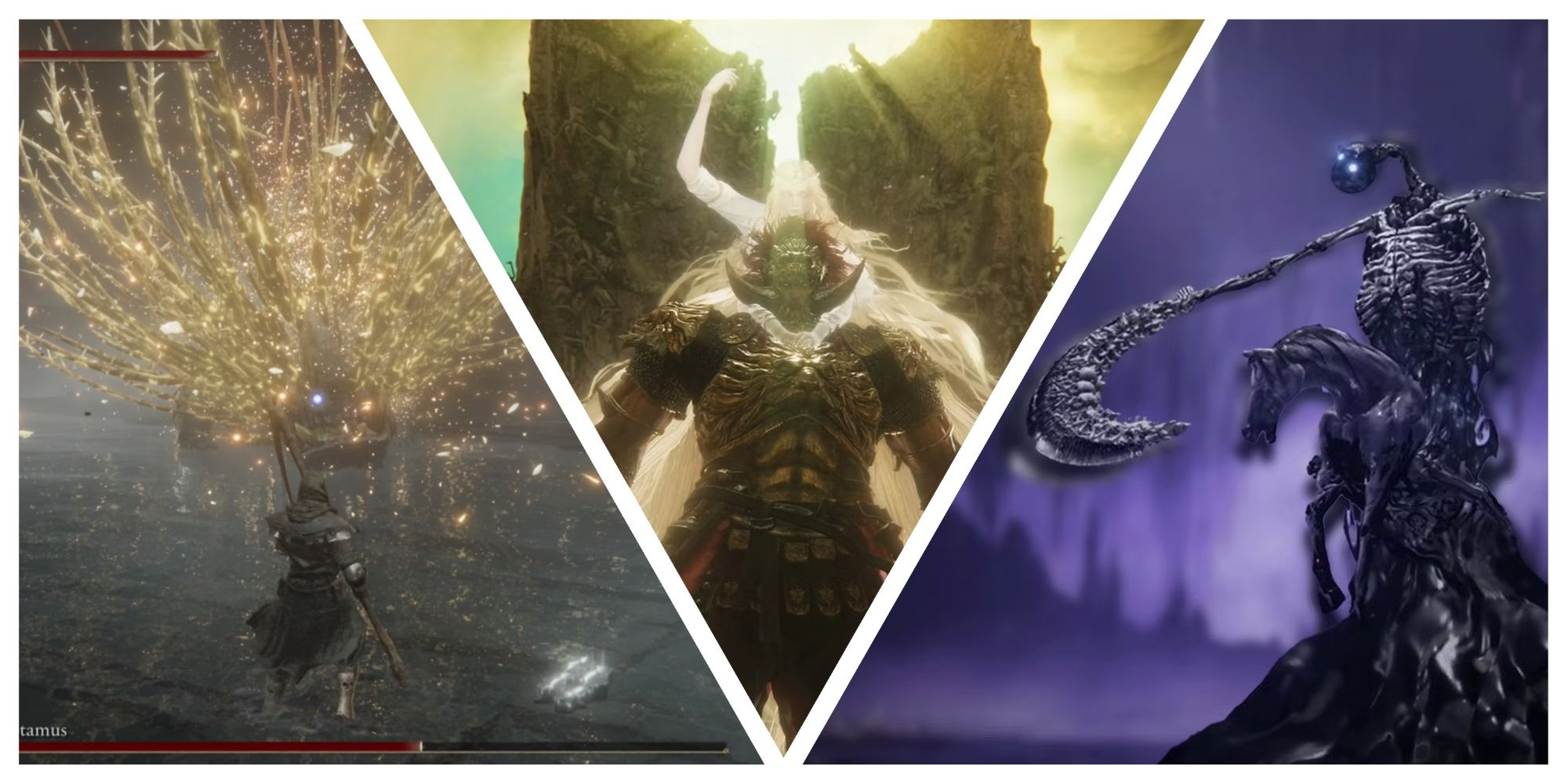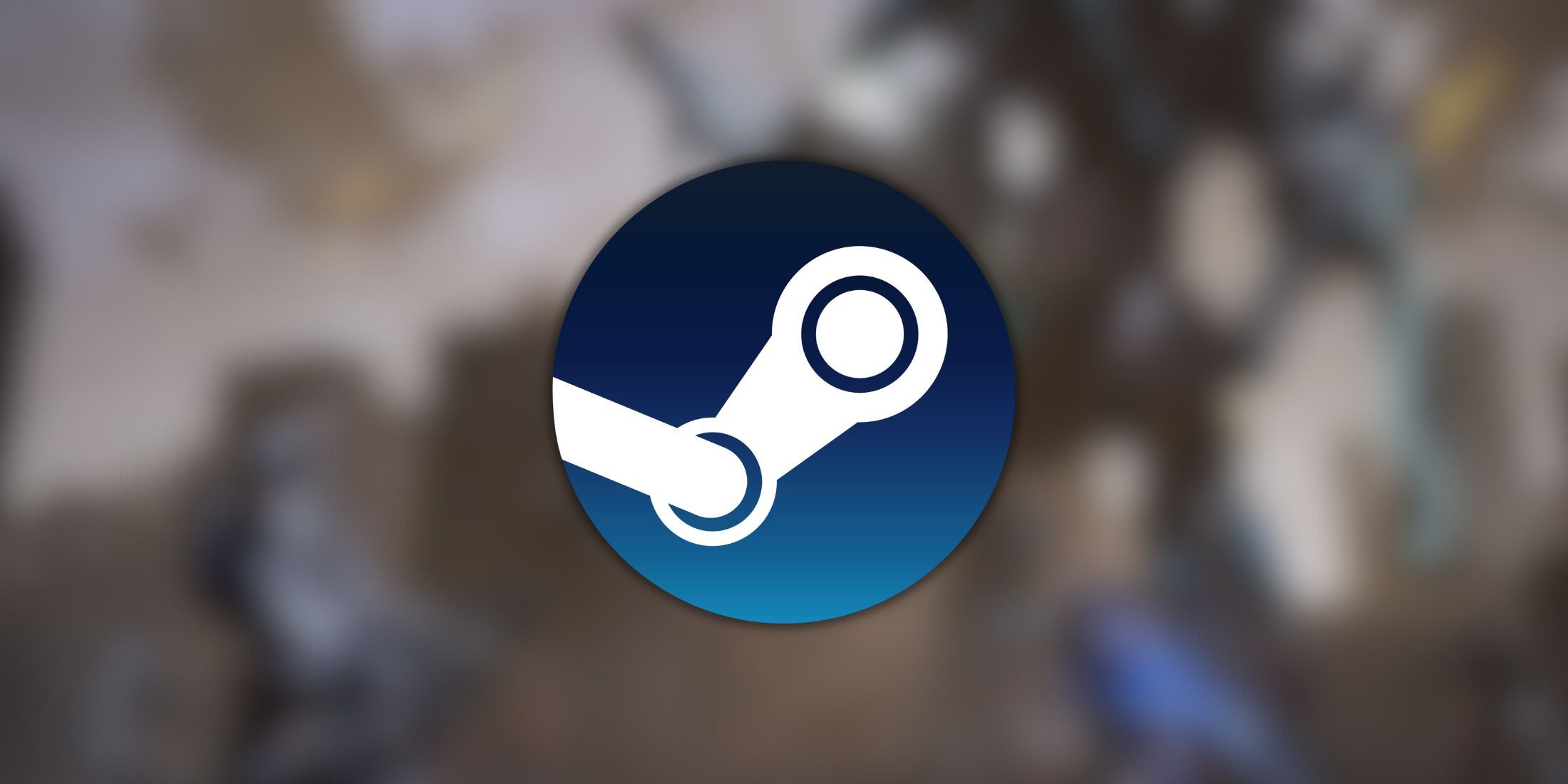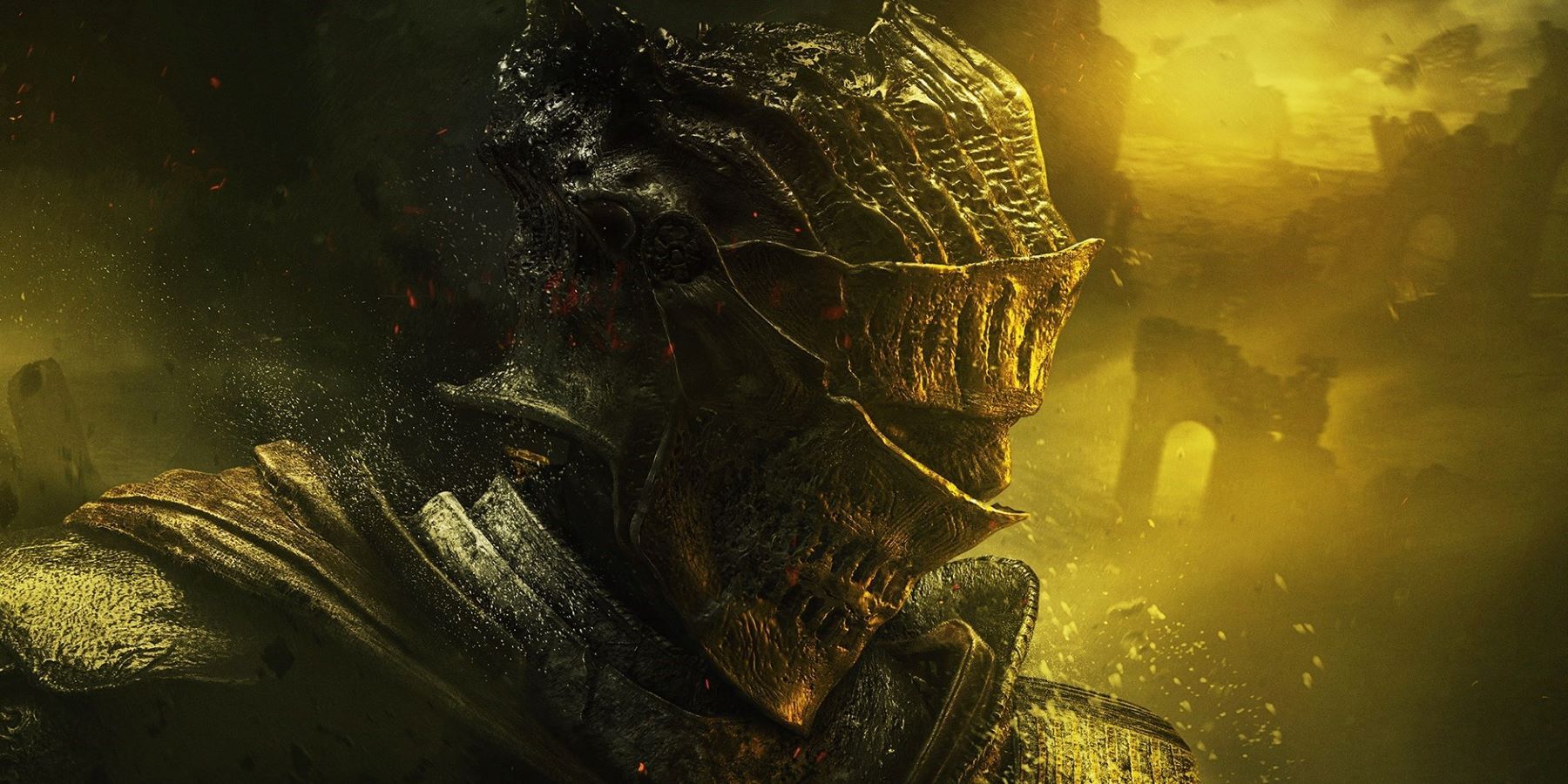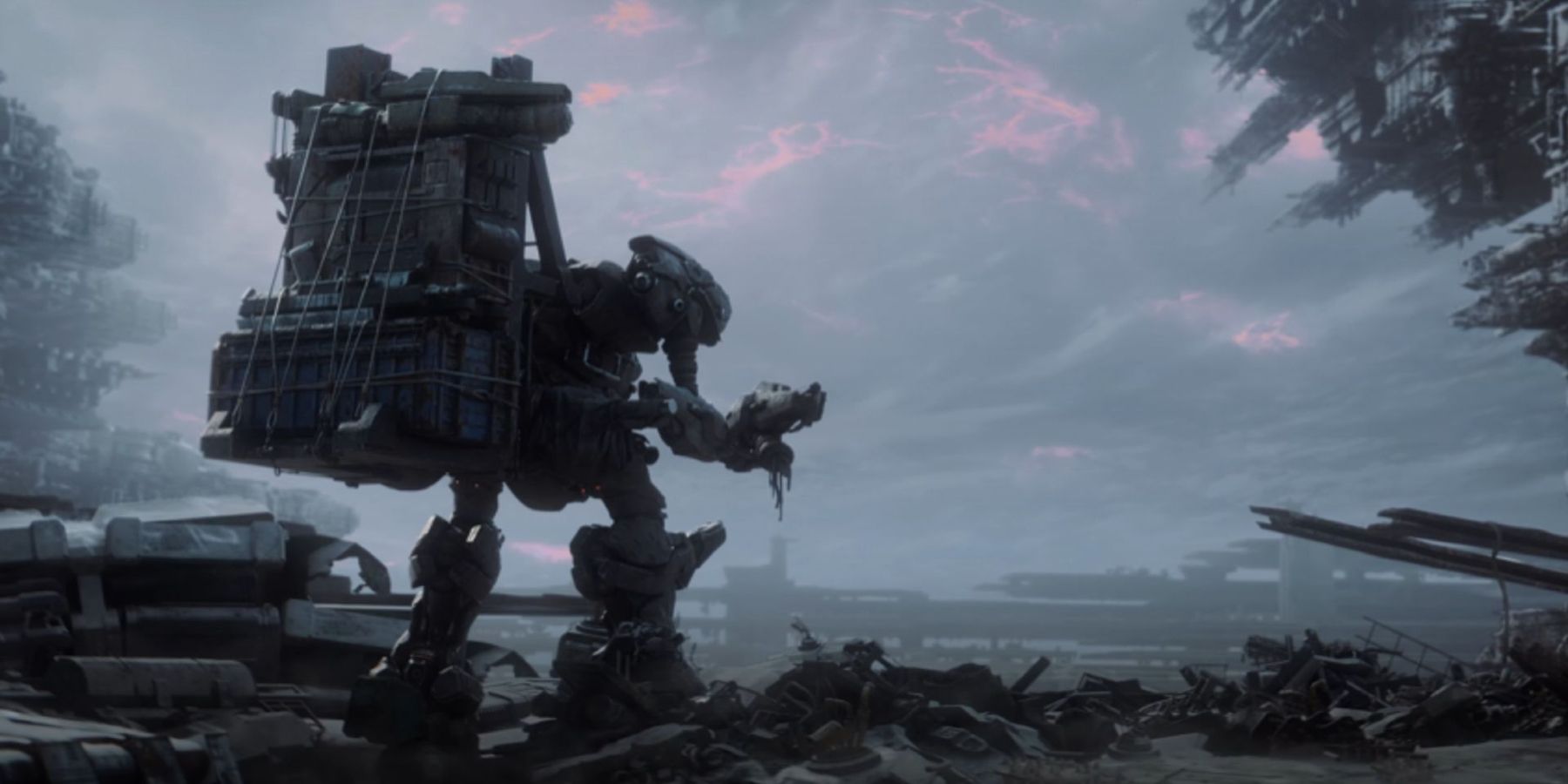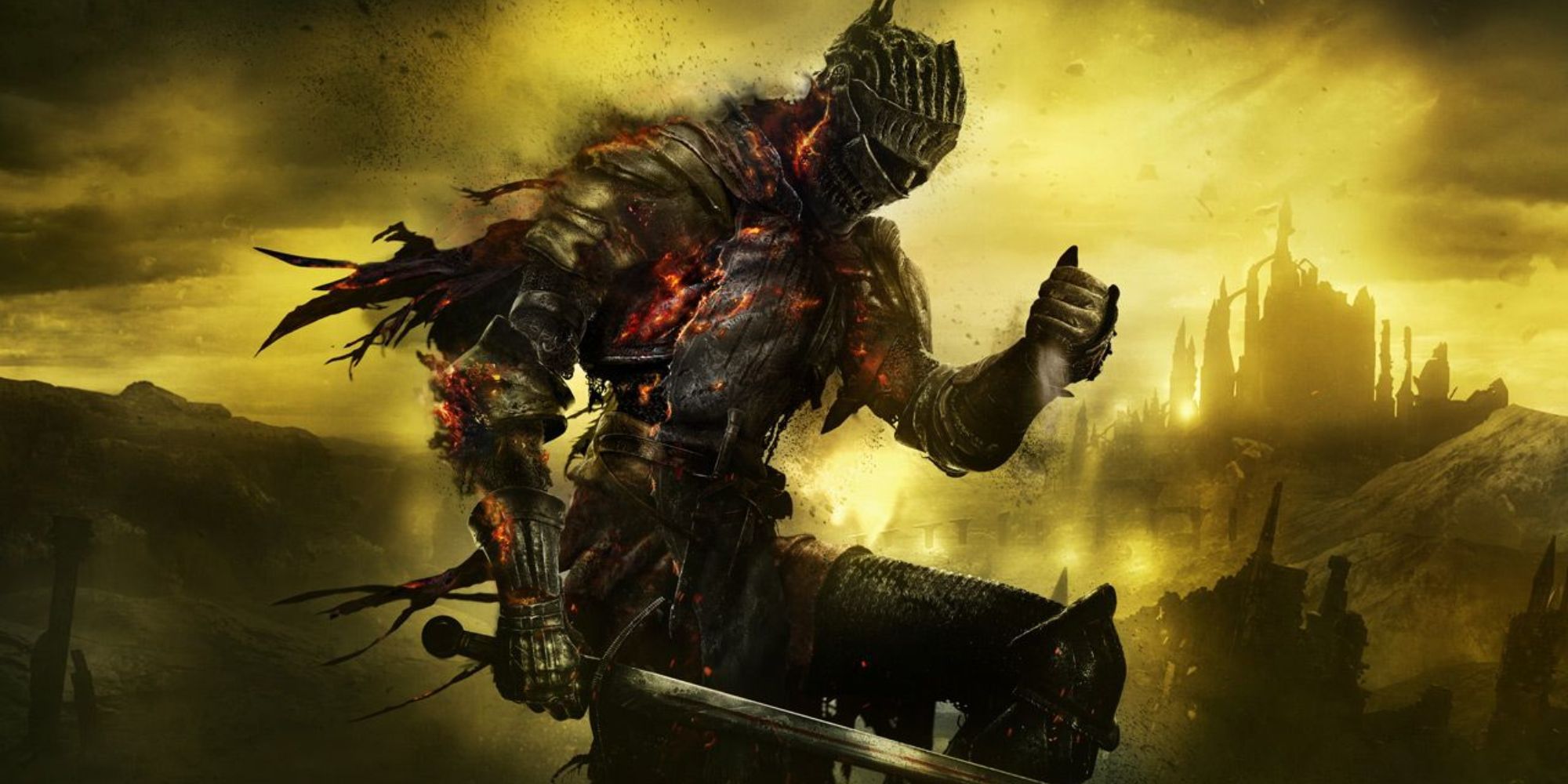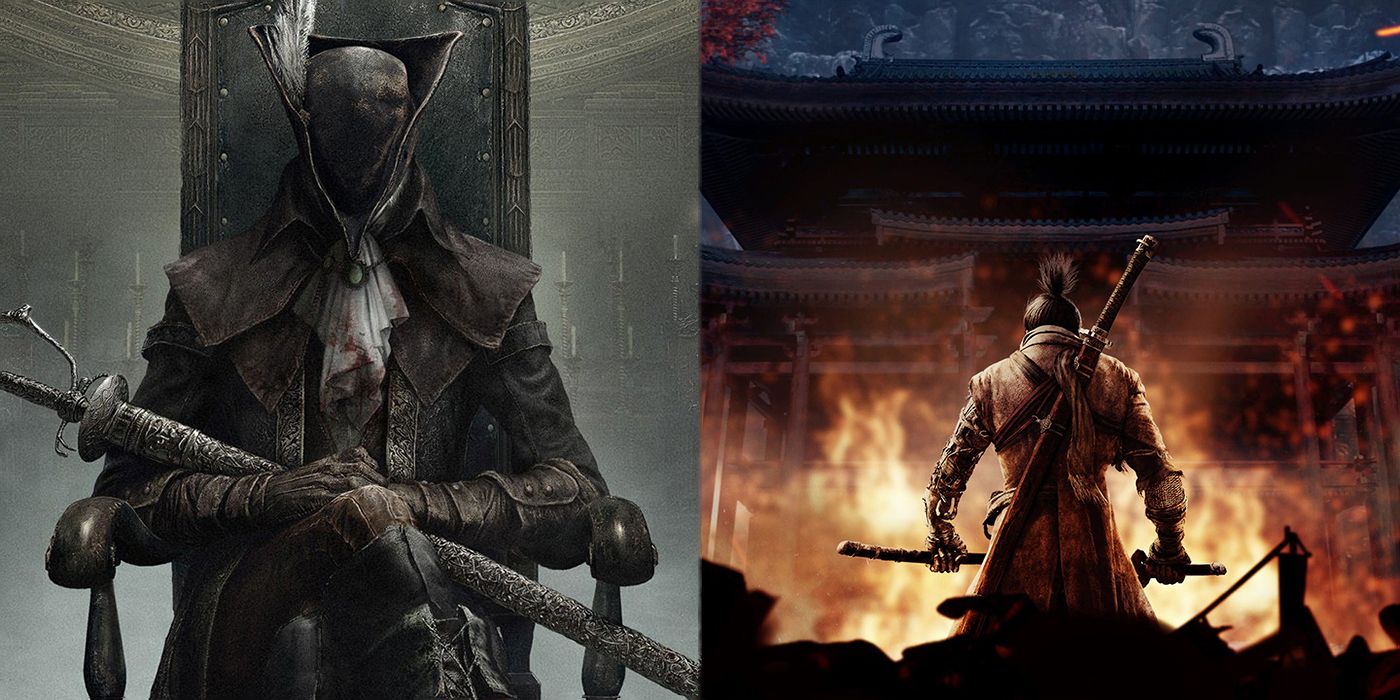FromSoftware has made a name for itself in the gaming world by pioneering an entire genre known unofficially, though affectionately, as Soulsborne, in large part through the Dark Souls franchise. Although the exact parameters of this genre are slightly ambiguous, particularly as it relates to Sekiro: Shadows Die Twice’s inclusion in the category, Soulsborne games such as Dark Souls are largely characterized by linear action-RPG gameplay with interconnected level design and notoriously challenging boss fights.
Of the six main FromSoftware titles developed in the decade between Demon’s Souls’ release in 2009 to Sekiro’s in 2019, half of them exist within a trilogy. Dark Souls, Dark Souls 2, and Dark Souls 3 are the only Soulsborne games to receive sequels despite frequent calls for the studio to make Demon Souls 2, Sekiro 2, and most notably, Bloodborne 2. In the years since the trilogy’s conclusion, then, it is no wonder that many have been asking why FromSoftware has so far avoided sequels for its other incredibly popular titles and what possible sequels for its three standalone games could look like.
Dark Souls Is Not The Only FromSoftware Series with Sequels
It is easy to forget that FromSoftware has a robust catalog of games predating 2009’s Demon’s Souls, the first entry in the studio’s unofficial “Soulsborne” category. The announcement of Armored Core 6: Fires of Rubicon at the 2022 Game Awards brought more attention to FromSoftware’s production history. Notably the studio’s earlier IPs, such as King’s Field, Echo Night, and Armored Core, featured multiple games in their respective franchises.
It is not out of the realm of possibility for Soulsborne games to receive sequels, since FromSoftware has a long history of adding multiple titles to existing series. However, it must be noted that the studio was under different direction when these sequels were being added. Hidetaka Miyazaki took the helm with Armored Core 4 as his directorial debut in 2006. With Demon’s Souls coming out only a few years after, and FromSoftware primarily focusing on its Soulsborne catalog, it seems making sequels for the sake of sequels is not within Miyazaki’s development philosophy.
Dark Souls’ Lore Lends Itself To Sequels
The story of the Dark Souls trilogy explores themes of life, death, and the cost of needlessly holding onto a dying world.Each game shows how the successive ages of fire don’t revitalize the world but rather drag it out endlessly. The state of the world from Dark Souls to Dark Souls 3 feels undead, and stretching the story across three titles does a lot of work to create this effect.
With that said, it must be stated that FromSoftware explores similar themes and world design throughout all of its Soulsborne games. In fact, players new to FromSoftware games could be forgiven for thinking the Dark Souls trilogy is the actual official sequel to Demon’s Souls. With strikingly similar world design and the seeds of Soulsborne’s trademark gameplay noticeable throughout, Demon’s Souls is a clear spiritual predecessor to Dark Souls, if not all Soulsborne games.
The Possibilities of Sequels for Bloodborne and Sekiro
Some of the most passionate calls for a sequel are directed toward Bloodborne. Although at least one of the three possible endings in Bloodborne leaves room for more time in Yharnam, the other two don’t really. Moreover, Bloodborne’s story more or less begins at the end of its world. The vast majority of the citizens of Yharnam have already turned into beasts and the degenerative properties of blood ministration, which players use to heal, are largely inevitable. There is a marked sense of hopelessness and decay throughout the game, and it could be argued that these themes are essential to the story. Adding a sequel could run the risk of damaging the overall story.
Of course, there are practical obstacles to a sequel well. Bloodborne is a PlayStation-exclusive game, and although there have long been calls to release the game on PC or other consoles, these have yet to come to fruition. Negotiations about whether a Bloodborne sequel would also be PlayStation-exclusive are no doubt a significant roadblock, and with the success of Elden Ring bringing in more fans of FromSoftware games, the studio may fear alienating its newfound audiences.
The inclusion of Sekiro in the Soulsborne category has been debated since its release. It is one of the more unique FromSoftware games in terms of gameplay and subject matter, and for that reason could make the best case for a sequel. Additionally, it is known that FromSoftware was already developing Elden Ring when Sekiro was released, so it could easily just be too early to tell if it will receive a sequel.
While FromSoftware has not shut down the possibilities of sequels for Demon’s Souls, Bloodborne, and Sekiro: Shadows Die Twice, fans and gamers can at least be certain that the studio will probably not rush into any game development too quickly. With the Elden Ring DLC still unannounced and Armored Core 6 likely to take up most of the studio’s attention for the near future, the best Soulsborne fans can do is wait patiently.
Dark Souls is available now for PC, PS3, PS4, Switch, Xbox 360, and Xbox One.

